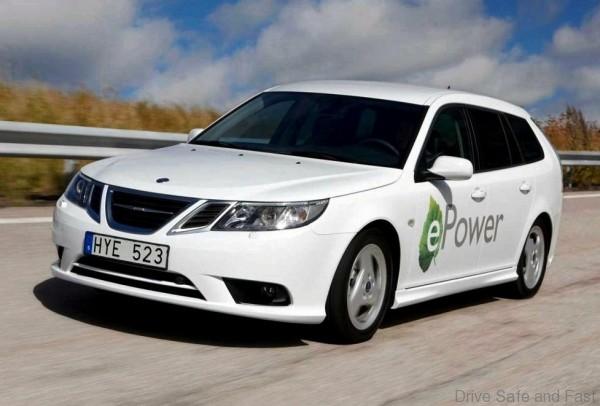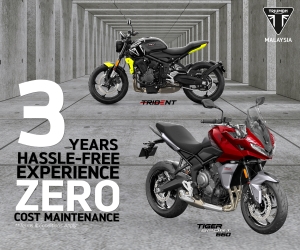Saab To Be Best Selling EV In China
Former Swedish owned automaker Saab has emerged as part of China’s push to make electric vehicles a mass-market alternative to petrol cars, after getting a USD12 billion order for EVs.
Chinese-owned National Electric Vehicle Sweden (NEVS) – the company that acquired Saab’s assets, though not its name said it received an order for 250,000 EVs in December from a little known Chinese company that will include 150,000 cars based on the Saab 9-3 sedan. The size of the deal and the sketchy information about the companies involved prompted some initial skepticism in the industry over its feasibility.
Yet NEVS is one of a group of Chinese-funded start-ups that aim to capitalize on disruption in the auto industry as governments around the world create regulatory incentives for electric or hybrid vehicles. Beijing has created a range of incentives to both attract technology-oriented firms into the EV sector and get the public to buy them.
NEVS USD12 billion order for EV cars came from a Beijing-based start-up called Panda New Energy Co. Jiang Dalong, a 51-year-old Chinese-born businessman who acquired Saab in 2012, said the deal with Panda New Energy requires little upfront money from the start-up. Panda said it plans to lease the cars for commercial fleets, such as taxis and courier services.
Jiang owns 43% of NEVS, based in Trollhattan, Sweden, through his Beijing-based company, National Modern Energy Holdings. The city of Tianjin has a 30% stake through Tianjin Binhai Hi-tech Industrial Development Area. The rest is owned by Beijing State Research Information Technology Co and Teamsun Technology Co, an information-technology company.
The Chinese-born, Swedish businessman sold his bio-power generation business in China to help fund and focus on NEVS. Jiang said he sees a big opportunity for the technology given the enormous policy help Beijing has lined up for it.
“China is going to be the world’s biggest market for electric cars,” Jiang said in an interview in his office in Beijing. “China has no choice. They have to wean themselves from conventional gasoline combustion cars,” he added, describing the recent sharp uptick in air pollution levels in China’s capital as “terrible” and “crazy.”
“Big existing automakers are too big. They cannot stop producing conventional gasoline combustion cars. But we can switch to new energy cars.”

















